Black Albinism's Strides in Machakos County: Pursuing The Machakos County Assembly Towards Disability Inclusive Legislation
Black Albinism's project dubbed "Empowering Persons With Albinism Through Inclusive Policies and Services Post Covid-19 in Machakos County is soaring higher and higher by the minute. Our team was recently privileged to engage with the Machakos County Assembly speaker - Hon. Anne Kiusya and the County Assembly clerk - Dennis Mutui to address critical challenges faced by individuals with disabilities, including those with albinism.
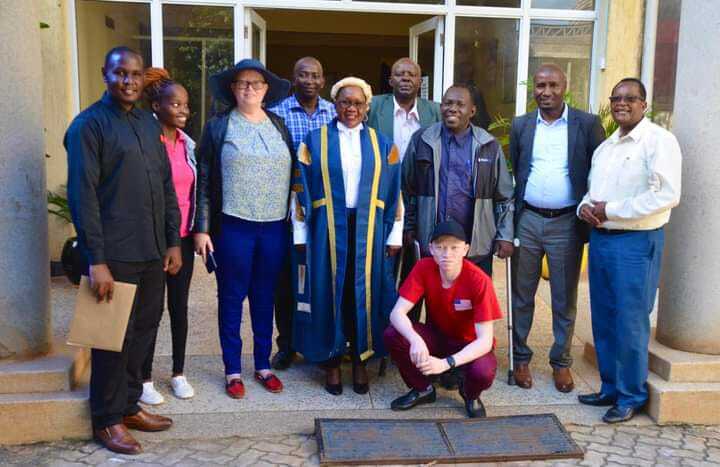
Key Issues Discussed
1. The operationalization of the Machakos County Persons with Disabilities Board
During our various meetings with the Machakos Disability cacucus, we noted that the Machakos Disability Board is yet to be actualized. This is crucial in providing effective oversight and addressing the unique needs of individuals with disabilities. A fully functional board dedicated to these issues will ensure that the specific concerns and challenges faced by persons with disabilities are properly adressed and represented within the county's governance framework. This board will play a vital role in advocating for the rights and needs of individuals with disabilities, facilitating better resource allocation, and ensuring that policies and programs are inclusive and effective.
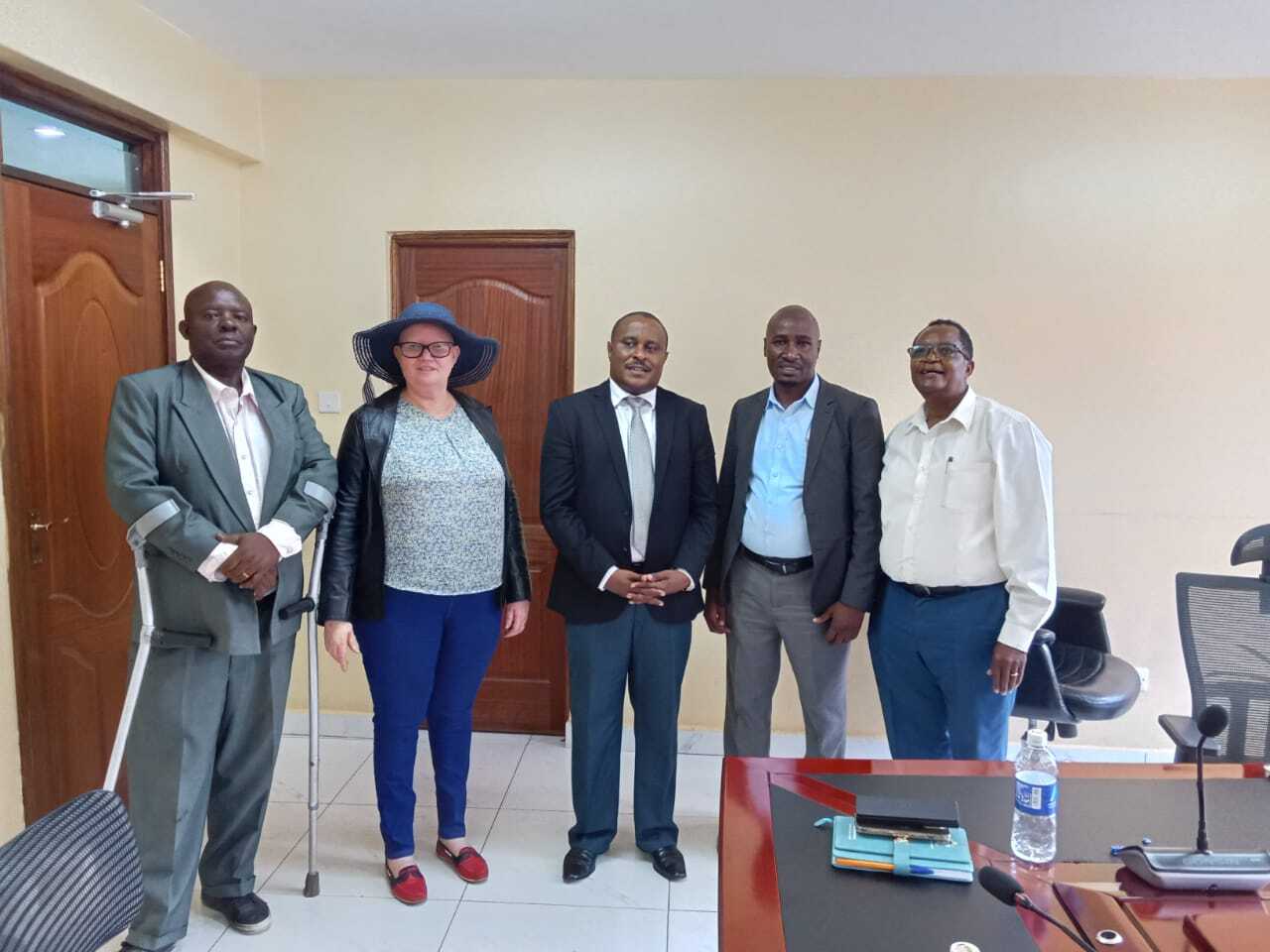
2. Representation in the Machakos County Assembly
The Machakos County Assembly is yet to have a person with disability as a representative of persons with disabilities on the floor of the house, which means that the specific needs and concerns of this community are often overlooked. Thus, advocating for the inclusion of persons with disabilities in the Machakos County Assembly is essential to ensure that the voices of Persons With Disabilities are heard and their unique perspectives are represented. By having representatives with disabilities, the assembly can better understand and address the challenges faced by these individuals. This inclusion will ensure that policies and decisions reflect the interests and rights of persons with disabilities, fostering a more inclusive and equitable governance structure.
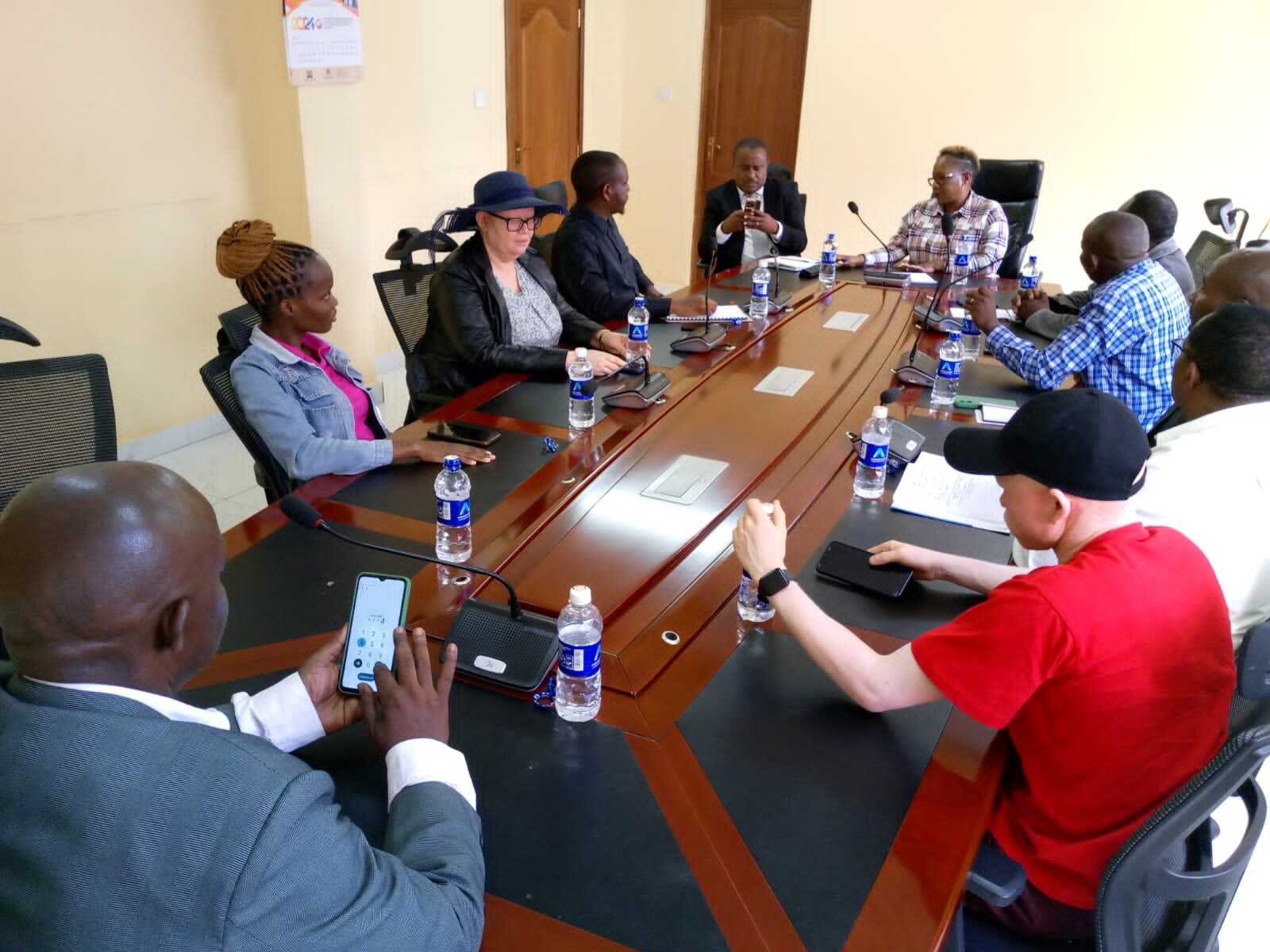
3. Regulations on the Budget Allocation for Persons with Disabilities
Often when the Budget for Persons With Disabilities is rolled out, it is normally a blanket one, encompassing all disabilities, while in reality different disabilities require different,diverse needs. Establishing necessary regulations for budget allocation is crucial to ensure that funds for persons with disabilities are effectively distributed and managed. These regulations should specify funding categories to address the unique needs of different disabilities. For instance, individuals with albinism require funding for essential items like sunscreen. By implementing clear guidelines, the allocation process can be more transparent and equitable, ensuring that resources are directed appropriately and that all persons with disabilities receive the support they need. This targeted approach will help to better meet the specific requirements of various disability groups within Machakos County.
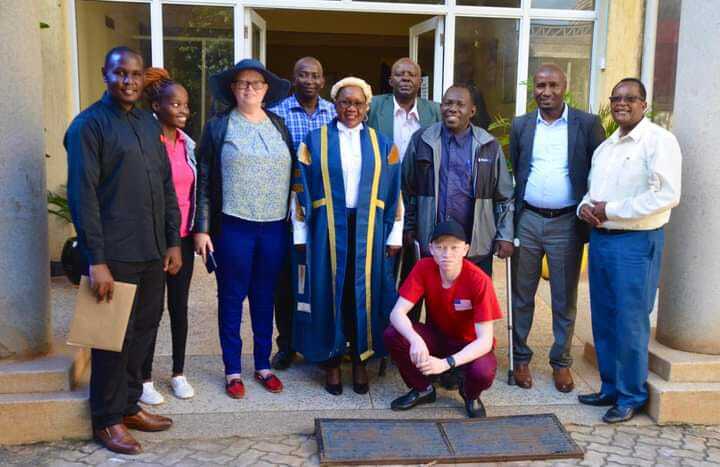
Being Part of Public Participation in Machakos
During the public participation forum in Machakos, Black Albinism members actively highlighted the challenges faced by persons with disabilities, particularly those with albinism. Jeriter Mutinda, our mobilizer, emphasized the need for special consideration for children with disabilities in educational matters, especially in terms of bursary allocation. This ensures that learners with disabilities have the same opportunity to attend school as their peers without disabilities. Jeriter’s sentiments underscored the importance of equitable educational support, aiming to create an inclusive environment where all students, regardless of their abilities, can access quality education and thrive.
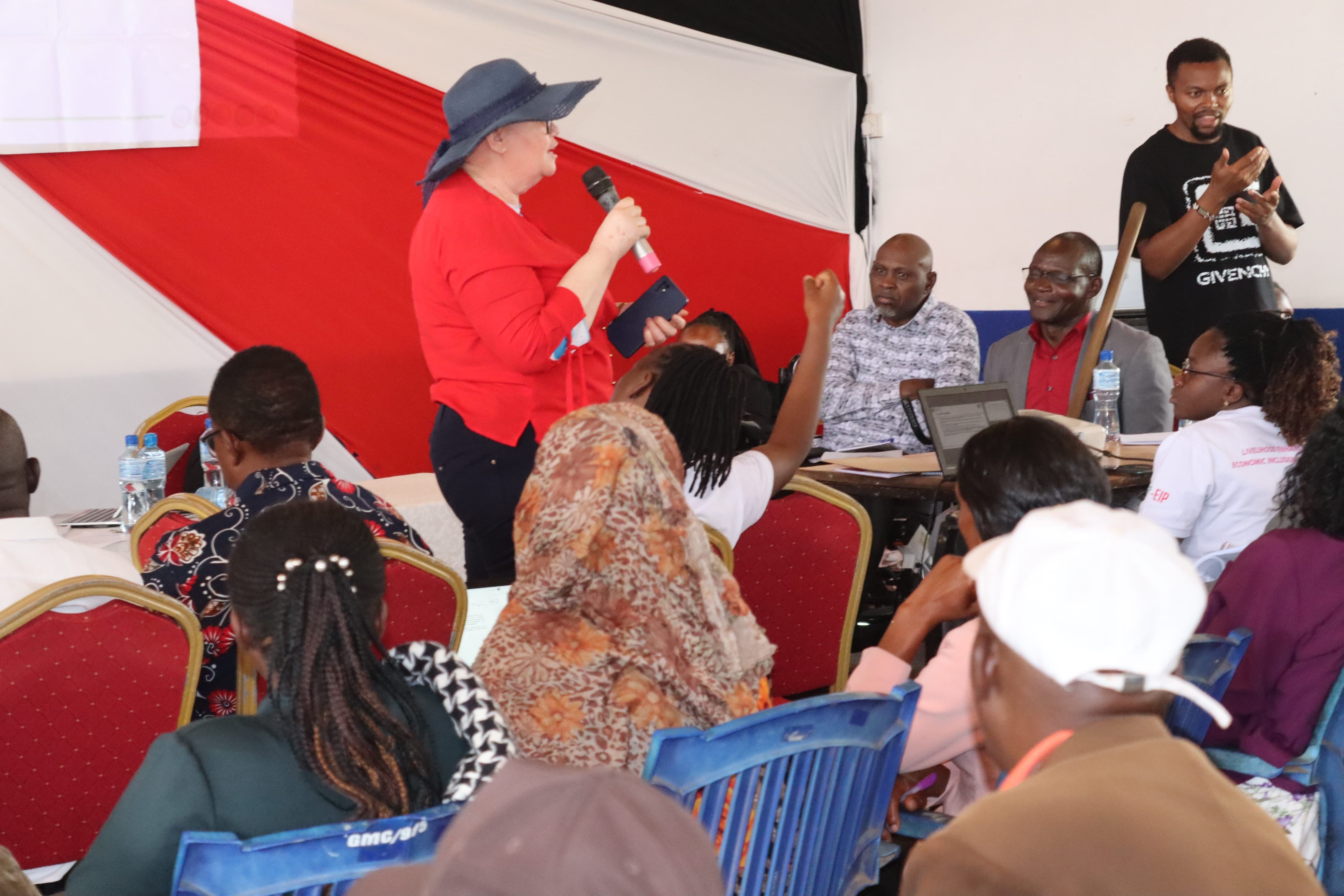
Boniface Mirikwa, our project officer, emphasized the critical need for comprehensive data and information on learners with disabilities to facilitate efficient resource allocation. This would ideally ensure that different categories of learners with disabilities have dedicated funding tailored to their specific needs. By recognizing the diverse learning requirements of individuals with disabilities, this approach promotes inclusivity and equity in education.
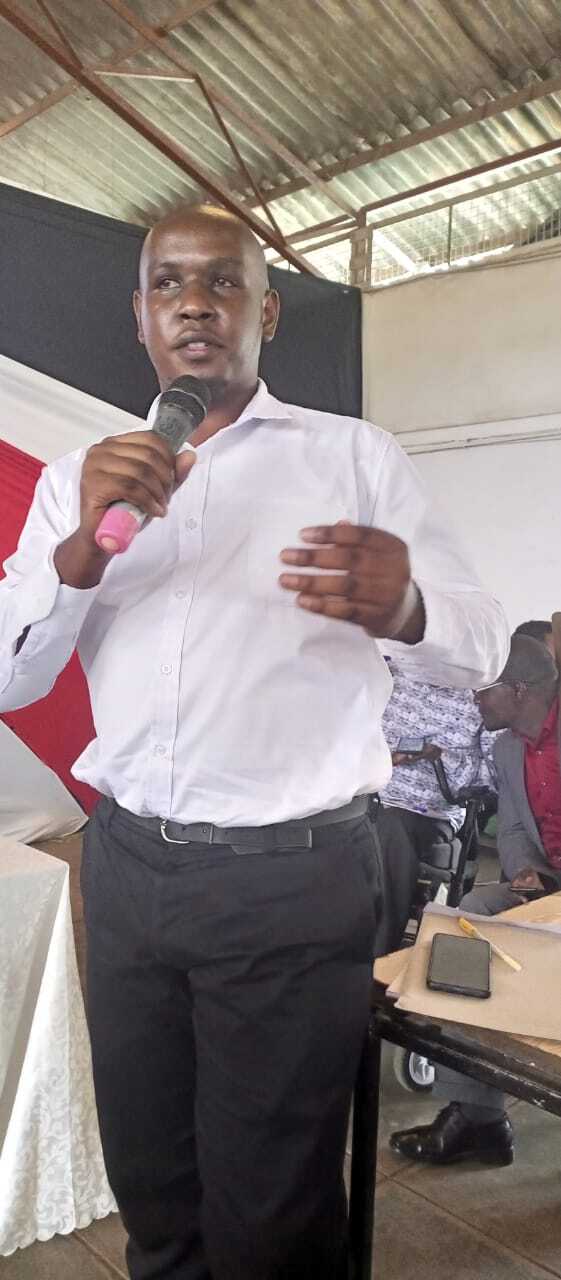
John Mwaniki, a member of the Machakos Disability Caucus, brought to light the frequently neglected but crucial role played by caregivers of children with disabilities. He illuminated on the significant impact that supporting caregivers has on the overall well-being and development of children with disabilities. By advocating for the inclusion of caregivers in the broader disability discourse, Mwaniki emphasized the interconnectedness of caregiver support and the empowerment of children with disabilities. Recognizing caregivers as integral stakeholders in the disability community ensures that their needs and contributions are acknowledged and addressed.
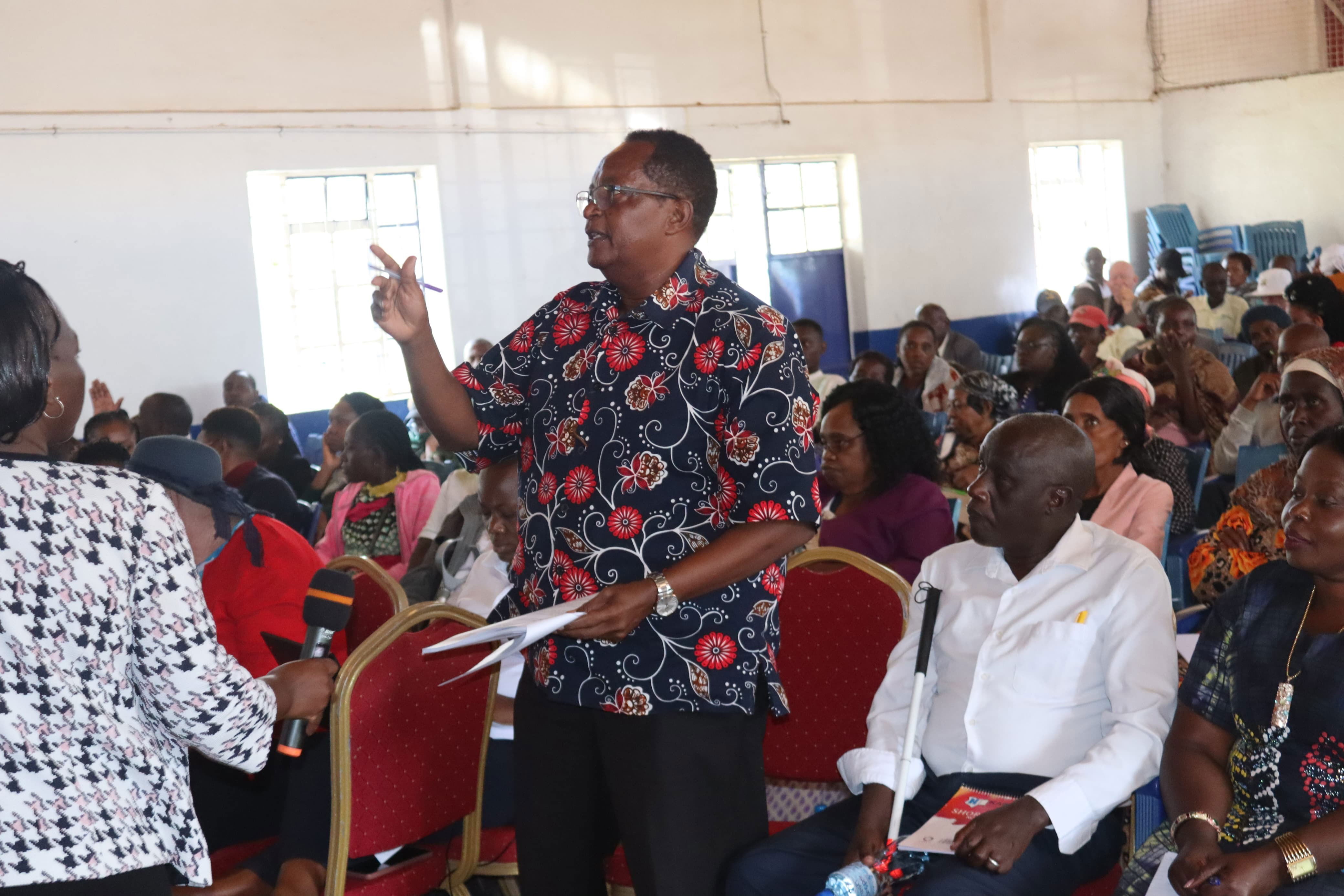
This active engagement with the Machakos County Assembly representatives marks a significant step forward in our project. By addressing key issues such as the operationalization of the Disabilities Board, ensuring proper representation, and advocating for the necessary regulations and resources, we are paving way for a more inclusive and supportive environment for persons with disabilities in Machakos County. The commitment to continued dialogue and engagement with various stakeholders will be crucial in sustaining these efforts and achieving lasting change.
As we continue to work closely with both governmental and non-governmental stakeholders we cross fingers that these efforts will lead to substantial improvements in the lives of persons with disabilities in Machakos County. Through persistent advocacy, strategic partnerships, and active public participation, we aim to ensure that the rights and needs of persons with disabilities are recognized and addressed at all levels of governance.